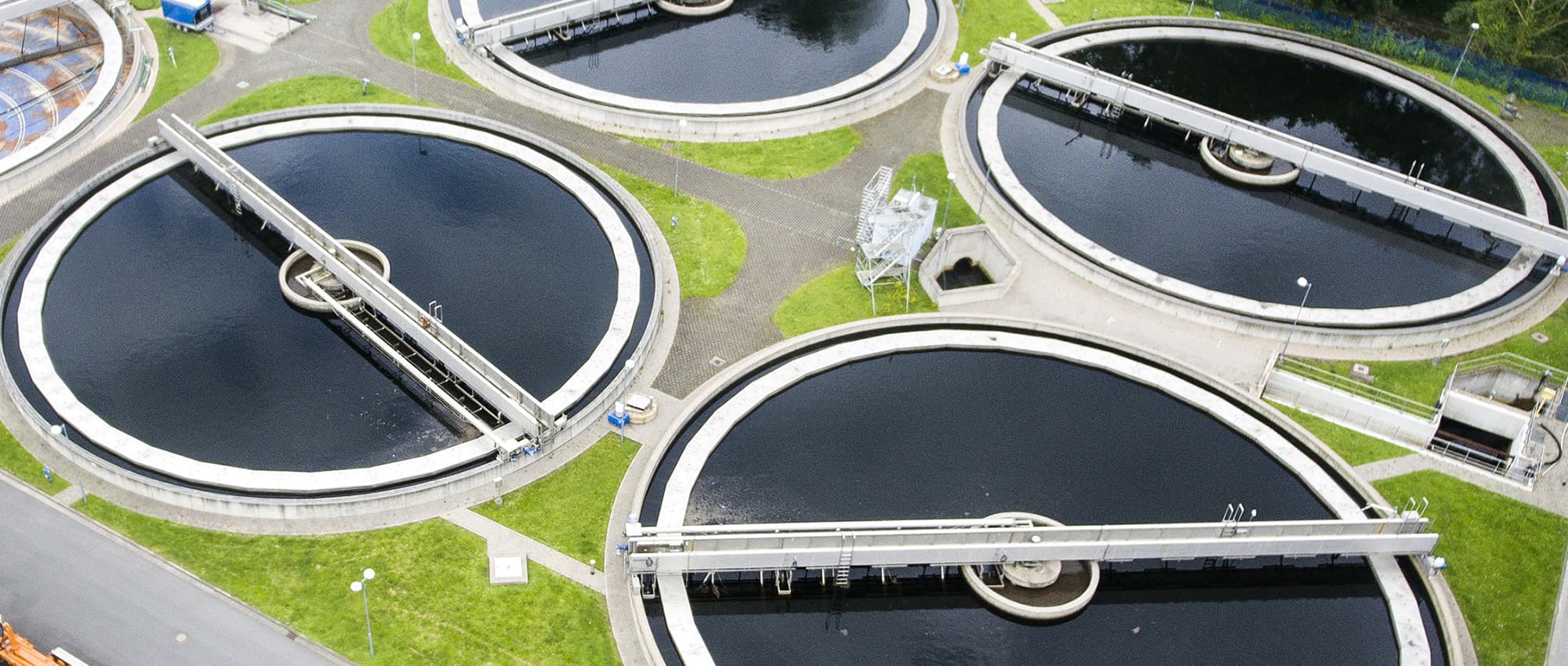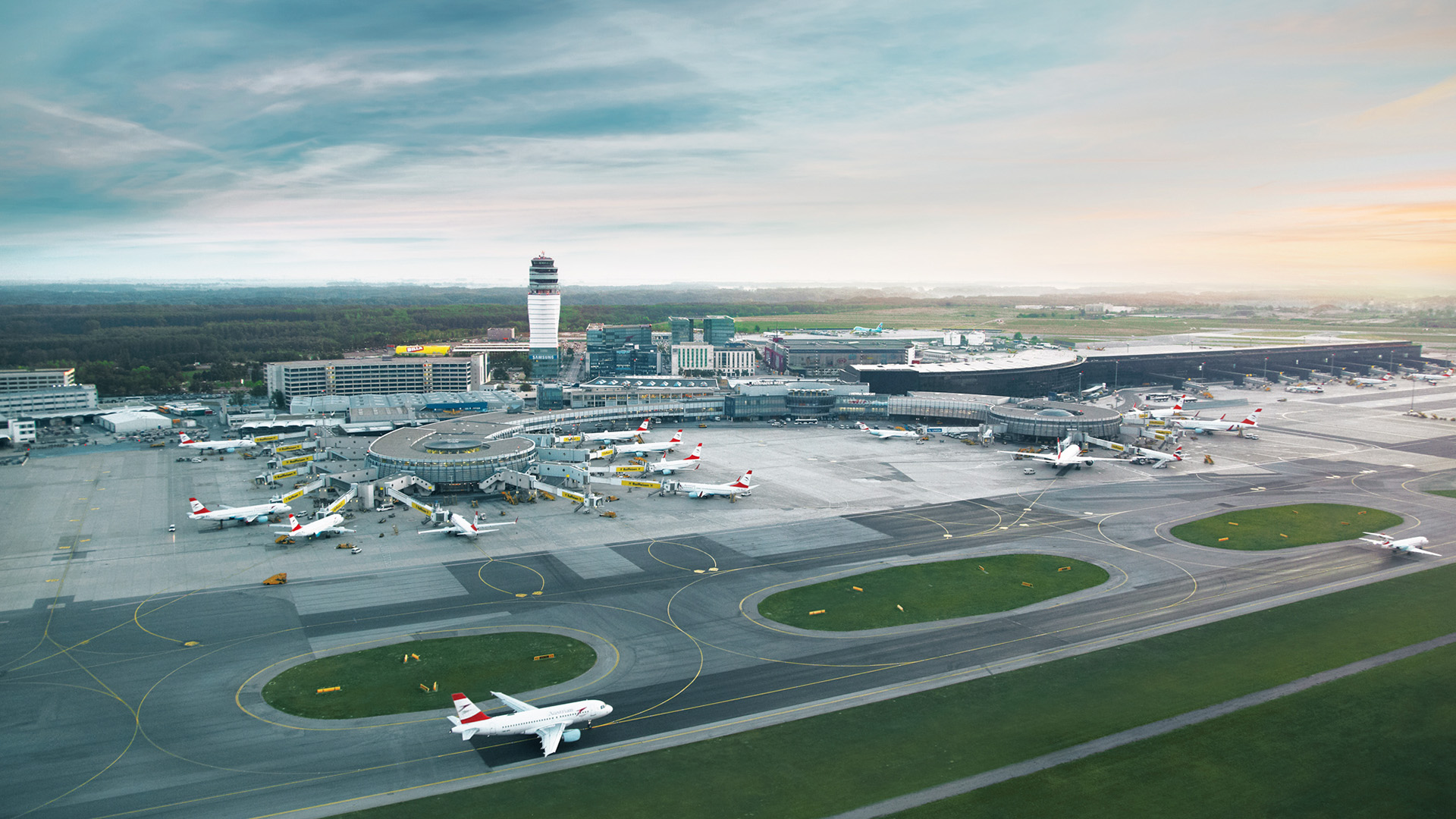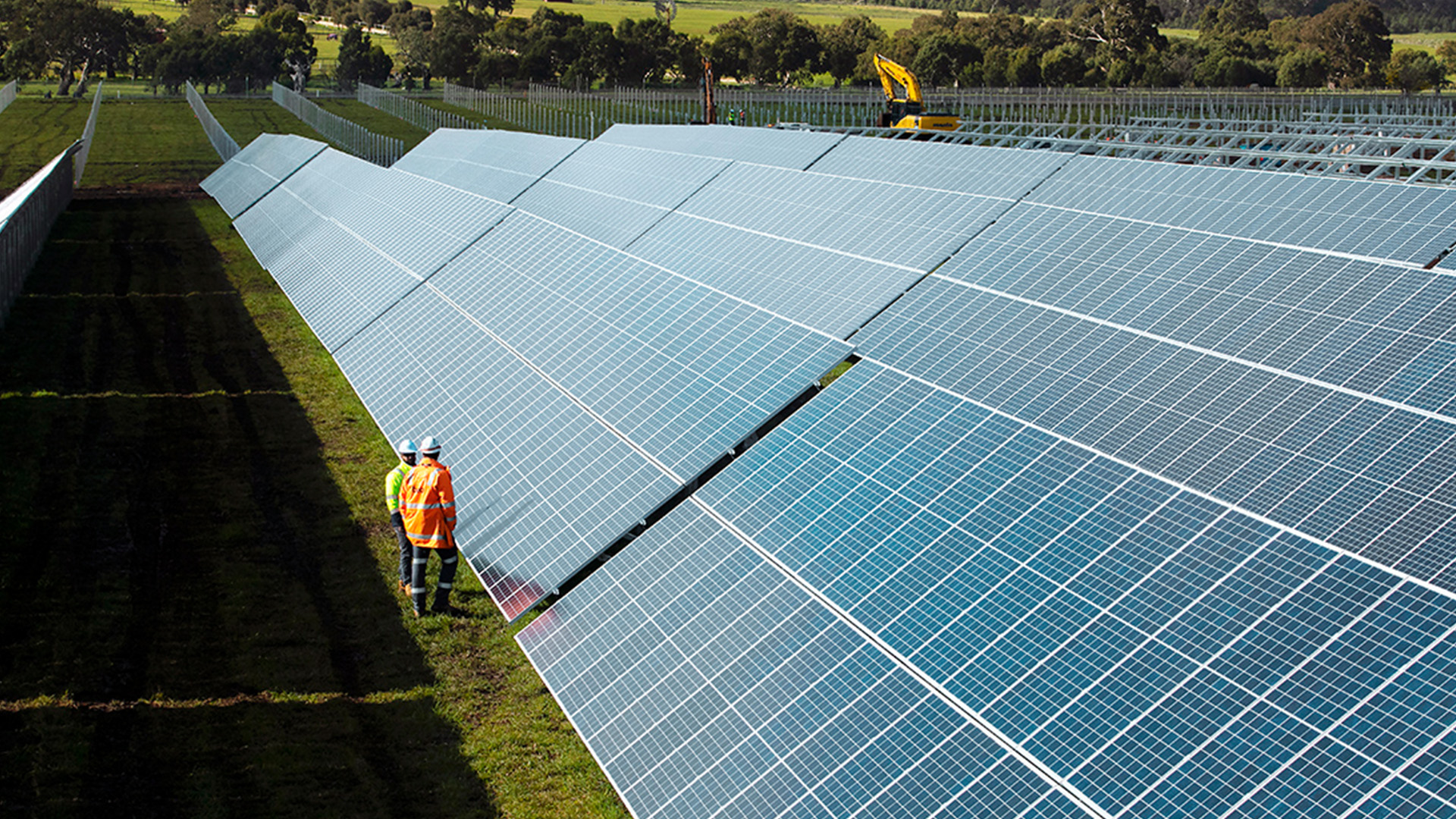Anglian Water has unveiled its 2030 net zero carbon routemap

On 21 July 2021, Anglian Water, a UK-based asset in our Global Infrastructure portfolio, launched its 2030 zero carbon routemap. Anglian Water is the largest water company in England, by geographic area. It supplies water and water recycling services to almost seven million people in the East of England and Hartlepool.
The routemap sets out a detailed plan for Anglian to meet its 2030 net zero target, which applies to all of its operational activities, as well as those in its supply chain. The plan also encompasses a commitment to cut capital carbon (direct emissions from construction processes) by 70 per cent against a 2010 baseline.
The release of the routemap follows the company’s June launch of its inaugural sustainability-linked bond (SLB). The seven-year £300 million bond made Anglian Water the first water company worldwide to launch a SLB. Created to directly support Anglian’s work towards meeting its interim carbon targets, the SLB has received significant interest from investors.1
The routemap is based on the specific needs and challenges of the regions it serves. These regions are characterised by strong population growth and vulnerability to the effects of climate change, which may exacerbate what is already one of the driest parts of the country. The routemap is also closely aligned with the UK water industry’s routemap, which was published in 2020.
The key measures in Anglian’s plan include:2
- Maximising energy efficiency and renewable energy generation and storage and procuring green electricity for all remaining grid requirements3;
- Decarbonising vehicle fleets using electric equivalents, switching to hydrogen or other alternative fuels, or transferring to using Liquefied Natural Gas;
- Maximising the value of biogas by upgrading biogas production to biomethane that can be exported to the grid, used as transport fuel or supplied to industry, helping to reduce emissions in more challenging sectors of the economy;
- Managing process emissions by installing monitoring equipment at selected sites to improve understanding of the scale and location of process emissions, which are the water sector’s most difficult carbon challenge to resolve.
- Opting for alternative fuels by switching 100 per cent of its gas oil demand to hydro treated vegetable oils (HVOs) and developing a plan to maximise the use of hydrogen across all its operations;
- Developing an offsetting strategy for residual emissions, which prioritises in-region offsets with benefits that go beyond emissions reduction
A long-term business model built on environmental and social responsibility
IFM has been working closely with Anglian Water and co-investors since 2006 to build an environmentally and socially sustainable business model for the company. The model aims to support long-term investment performance while assisting Anglian to meet customer and community needs for safe, reliable and affordable water services over the long term. Anglian Water’s 2030 net zero carbon routemap is an important milestone in the company’s sustainability journey.
We continue to work closely with Anglian Water and our other portfolio companies in their transition to a low carbon world, in line with our commitment to reduce GHG emissions across our asset classes, targeting net zero by 2050. We believe this objective is in the financial interests of our investors and their members and beneficiaries and that it will support us in delivering on our founding purpose, which is to protect and grow the long-term retirement savings of working people.
1 https://www.anglianwater.co.uk/news/huge-investor-demand-for-anglian-waters-inaugural-net-zero-based-sustainability-linked-bond-a-water-company-world-first/.
2 https://www.anglianwater.co.uk/news/anglian-water-announces-routemap-to-reach-net-zero-by-2030/
3 Green electricity refers to electricity generated using renewable resources.
Related articles
View these articles

Driving out emissions: Decarbonisation of the transport sector

Enhancing the customer experience at infrastructure assets






